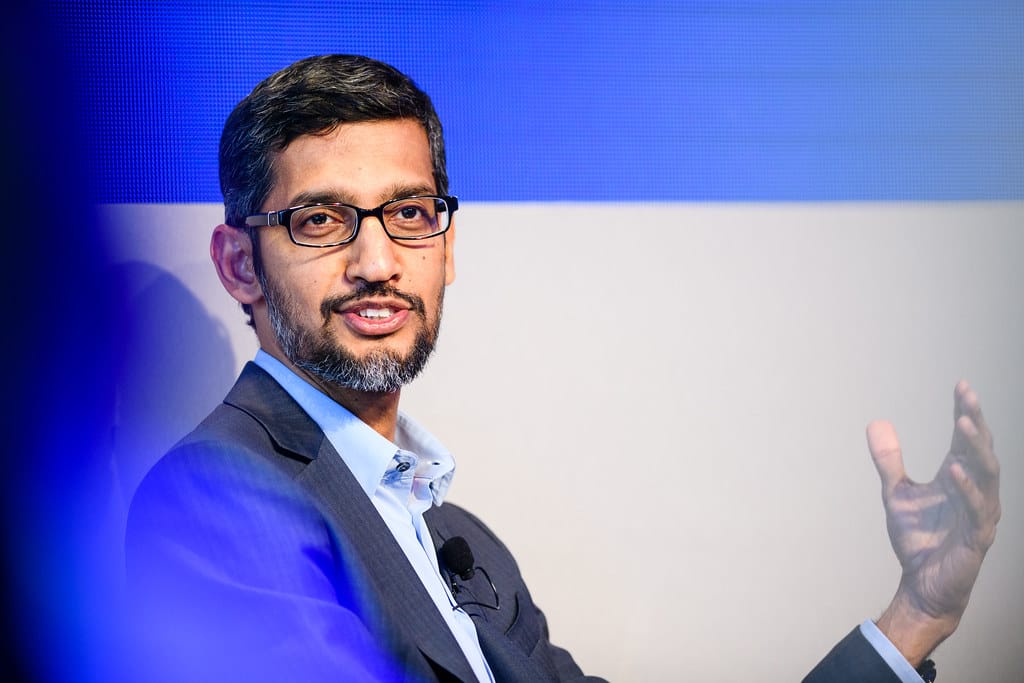Google Sued, Broadband Issues Not Just Rural, LA Times Suggests Future-Proof Priorities
Google faces another antitrust lawsuit, ILSR calls for state lead on broadband, LA Times suggests focus on network future.

July 8, 2021 – Thirty-six states and Washington D.C. have sued Google on Wednesday for alleged anticompetitive practices related to the collection of fees on its app store.
The lawsuit, filed Wednesday, alleges that to maintain its ability to pocket 30 percent of app purchases consumers make on its Google Play store, the search engine giant allegedly “employed anticompetitive tactics to diminish and disincentivize competition in Android app distribution.”
“Google has not only targeted potentially competing app stores, but also has ensured that app developers themselves have no reasonable choice but to distribute their apps through the Google Play Store,” the suit claims.
The suit also alleges that through the store, “Google maintains a monopoly in the market for distributing Android apps. Google Play Store distributes over 90% of all Android apps in the United States. No competing Android app store has more than 5% of the market.”
In its response, Google called the lawsuit “meritless,” and defended its policies as competing “vigorously and fairly.”
According to The New York Times, this is the fourth lawsuit being filed against Google since last October, with a majority of the cases relating to their search policies.
The suit comes a week after a federal court judge threw out the Federal Trade Commission’s case against Facebook for antitrust violations related to alleged of anticompetitive practices.
The House Judiciary Committee is also looking at taking up antitrust legislation in Congress through a handful of bills aimed at companies such as Amazon, Apple, and Google.
Institute for Local Self-Reliance finds broadband issues cross regional barriers
A study by the Institute for Local Self-Reliance found that the digital divide is a major problem not only in rural areas, but in urban and suburban ones as well.
The brief suggests that the reason the digital divide has yet to be closed is that legislation aimed at broadband is incorrectly directed.
“Local governments must be supported by the federal and state governments to resolve these challenges rather than continuing to blindly hand out subsidies to the companies with the best government affairs staff,” writes Sean Gonsalves, columnist for the ILSR.
Gonsalves said local governments are better equipped to respond to the needs of their specific communities. He argues that the digital divide will soon be closed if communities can invest in their specific needs, as opposed to broad packages dealing with vague problems.
He noted the problem with broadband infrastructure is rooted in the three A’s: accessibility, affordability, and adoption, and are not necessarily those outlined in current legislation, such as “overbuilding” and a lack of competition.
LA Times says broadband legislation needs to focus on future-proofing networks
An article by the LA Times editorial board on Wednesday made the case that future-proofing broadband networks must be a priority concern for any broadband legislation that seeks to close the digital divide.
“It would be foolish to make a costly investment in networks today that need to be replaced within the decade,” said the board.
The board also emphasized a recurring theme in the discussion of broadband legislation that states and localities are better suited to handle broadband spending than at the federal level. Experts have continued to suggest that broadband funding must be targeted to community needs.
The board said any legislation should promote competition to create affordability in the marketplace.
The editorial board’s opinion marks a drastic change in the dialogue surrounding broadband legislation, suggesting that there is a desire for funding and upgrades to current systems.










